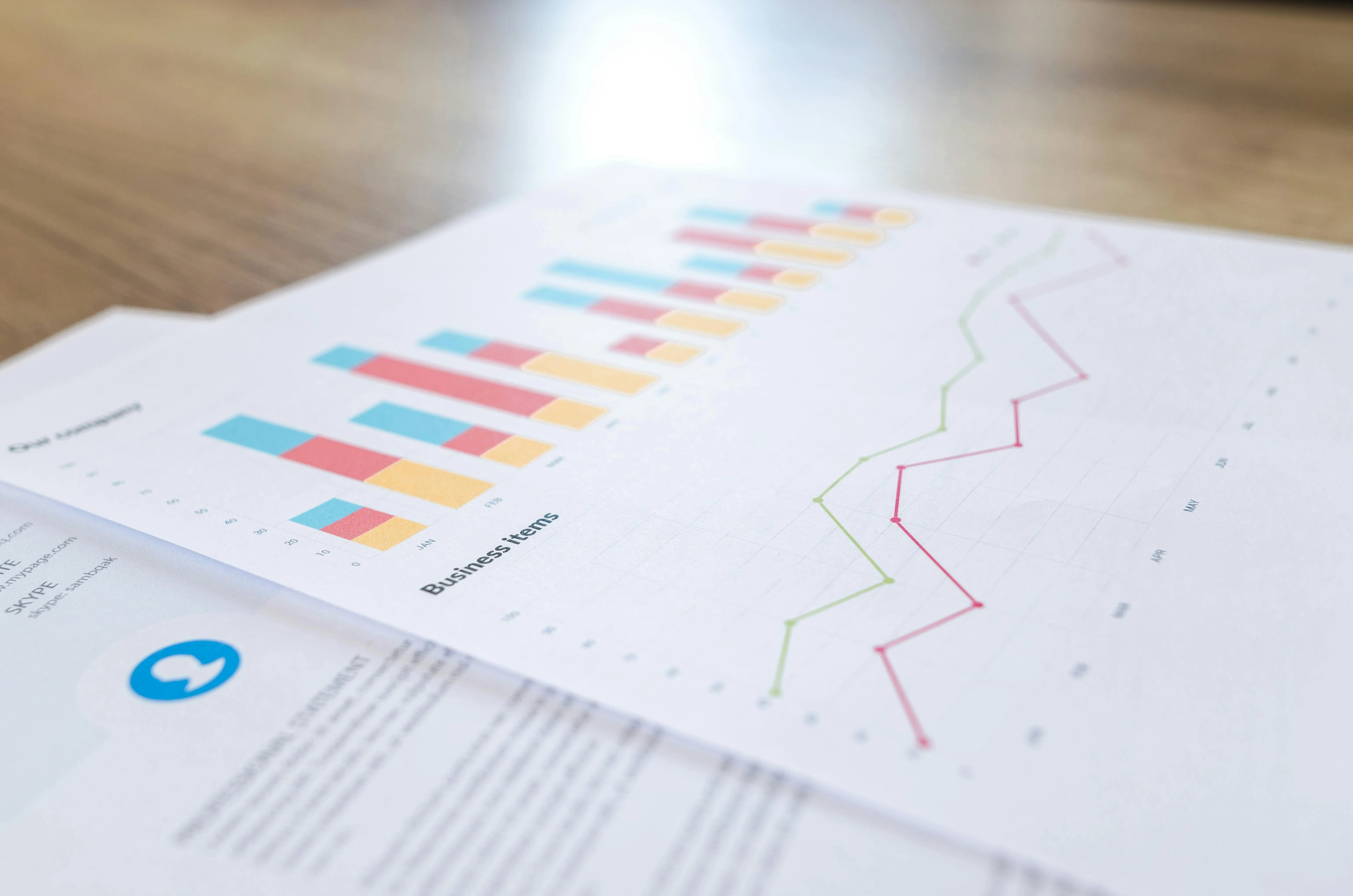.webp)
The Australian legal industry is at a turning point. Rapid advances in artificial intelligence in legal operations are reshaping how lawyers manage workflows, interact with clients, and prepare for litigation.
What was once experimental is now essential. But the key question isn’t whether firms should adopt AI—it’s how to integrate it responsibly and ethically, while maintaining compliance and client trust.
Why AI Matters in Legal Operations
Administrative tasks like document review, contract analysis, compliance checks, and eDiscovery consume enormous time. AI reduces this burden.
For example, MinterEllison, one of Australia’s largest firms, used AI-assisted due diligence to cut review timelines by nearly 50%. This allowed senior lawyers to focus on strategy and negotiations instead of repetitive triage.
Meanwhile, in-house legal departments face mounting pressure to do more with less. An ACC benchmark and research data article revealed a growing enthusiasm for GenAI among in-house legal professionals.. This shift is driven by the promise of increased efficiency, improved client service, and potential cost savings.
Benefits Beyond Efficiency
AI adoption has evolved from “saving hours” to fundamentally transforming workflows:
- Accuracy in Review: AI detects risky clauses with consistency. In a pilot, Herbert Smith Freehills used AI to flag indemnity clauses that junior lawyers often missed.
- Litigation Prediction: Platforms like Lex Machina help forecast case outcomes, giving clients realistic expectations.
- Enhanced Client Service: AI-powered summarisation tools enable lawyers to draft briefing notes in hours instead of days.
This reinforces that AI doesn’t replace lawyers—it augments human judgment with sharper data and faster insights.
👉 Related reading: Virtual Legal Assistants: How Offshore Paralegals Are Transforming Law Firms
Maintaining Ethical Standards with AI
Adoption brings scrutiny. The Law Council of Australia has underscored that lawyers remain accountable for all work—even if AI tools are used.
To remain compliant and ethical, firms must prioritise:
- Transparency – Disclose AI use in drafting or review.
- Oversight – Human review is non-negotiable for client-facing documents.
- Bias Auditing – Prevent predictive models from reinforcing systemic biases.
- Privacy & Security – Comply with GDPR and the Australian Privacy Principles.
Failure to observe these safeguards risks malpractice claims, reputational harm, and regulatory penalties.
👉 Related reading: Remote Legal Teams: Bridging The Talent Gap
Choosing a Law-Firm-Grade AI Tool
Not all AI is created equal. Many generic tools lack compliance safeguards. Law firms should evaluate:
- Local Adaptation: Can it interpret Australian legal terminology?
- Data Security: Is information encrypted end-to-end? Where is it hosted?
- Auditability: Does it generate verifiable logs?
- Integration: Can it plug into platforms like Smokeball or PEXA?
At Teams Squared, we don’t just provide offshore legal staff. We deliver vetted legal professionals trained in AI workflows, ensuring you gain the productivity of AI with the compliance and oversight of experienced lawyers.
AI is not just reshaping legal operations—it’s redefining competitive advantage. Firms that adopt AI thoughtfully, with ethics at the core, will gain speed, accuracy, and client trust in ways competitors cannot.
👉 Interested in adopting AI responsibly for your legal team? Talk to Teams Squared today.
We’re building a legal ecosystem where borders don’t limit potential.
.svg)
.svg)

























.png)

.webp)
%2520(1).webp%20(1).webp)
%2520(1).webp.webp)
%2520(2).webp.webp)
%2520(1).webp.webp)
%2520(1).webp%20(1).webp)
%2520(1).webp%20(2).webp)


.webp)




%2520(2).webp.webp)

.svg)

